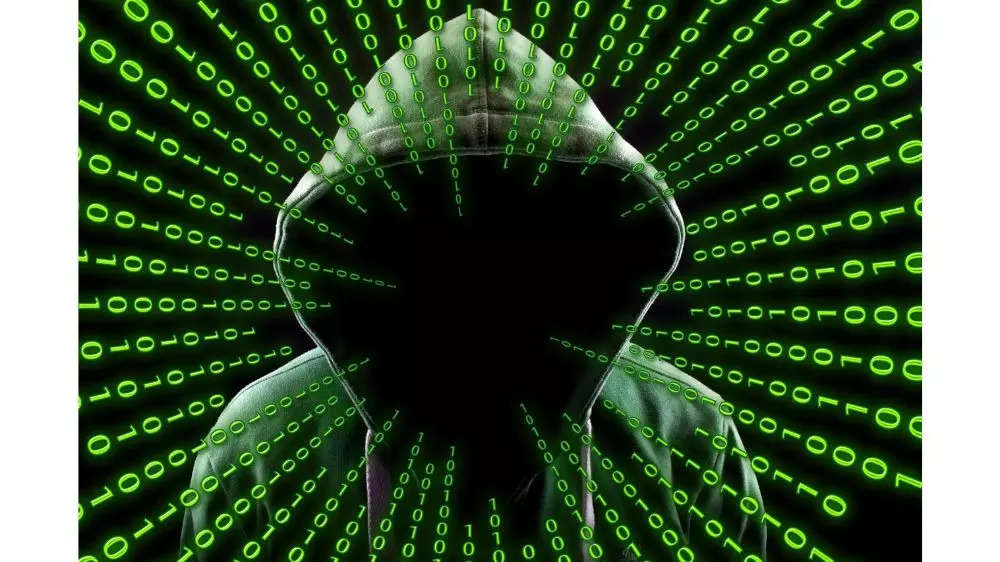More than 102.8 million cyberattacks targeted users in India in the second quarter of 2023 (Q2 2023), a report has said, noting that cybercrime cartels and evil hackers continue to evolve by targeting unsecured systems.
The hackers targeted weak and unprotected systems through advanced data breaches, intricate hacking techniques and sly malware attacks. As a result, the cybersecurity company’s systems detected over a million cyber threats on laptops and PCs in the quarter.
Types of cyberattacks that hit Indians
The report said that a majority of cyberattacks that hit Indians were Trojans (37.8%) followed by Infector (35.15%), worms (09.80%), potentially unwanted apps (7.03%), exploits (6.90%), cryptojacking (2.12%), adware (0.84%), and ransomware (0.32%).
This city hit the most
Kolkata topped the list of affected cities with 7.08 million cyberattacks, according to the report. It was followed by Mumbai (7 million), Pune (5.69 million), New Delhi (5.56 million), Bengaluru (4.86 million), Surat (4.16 million), Hyderabad (3.50 million), Ahmedabad (3.45 million), Chennai (2.36 million), and Gurugram (2.01 million).
Threats on smartphones
The report said that on smartphones, Indians were hit by malware (41%), adware (35%) and potentially unwanted programs (24%). The company’s systems detected a total of 8,184 malware attacks (93 per day), 7,114 adware attacks (78 per day) and 4,735 unwanted program threats (52 per day) in Q2 2023.
“As we witness an alarming surge of over 102.8 million cyber threats in India during the second quarter of 2023, Quick Heal remains committed to fortifying the digital defences of individuals, businesses, and government organisations.
According to Dr Sanjay Katkar, joint managing director, Quick Heal Technologies Limited, these numbers underscore the urgency of proactive cybersecurity measures.
How to safeguard
Users are advised to always be on the lookout for suspicious emails and apps, keep the software of their phones and PCs updated, use strong passwords and use multi-factor authentication (MFA) for an extra layer of security.
The hackers targeted weak and unprotected systems through advanced data breaches, intricate hacking techniques and sly malware attacks. As a result, the cybersecurity company’s systems detected over a million cyber threats on laptops and PCs in the quarter.
Types of cyberattacks that hit Indians
The report said that a majority of cyberattacks that hit Indians were Trojans (37.8%) followed by Infector (35.15%), worms (09.80%), potentially unwanted apps (7.03%), exploits (6.90%), cryptojacking (2.12%), adware (0.84%), and ransomware (0.32%).
This city hit the most
Kolkata topped the list of affected cities with 7.08 million cyberattacks, according to the report. It was followed by Mumbai (7 million), Pune (5.69 million), New Delhi (5.56 million), Bengaluru (4.86 million), Surat (4.16 million), Hyderabad (3.50 million), Ahmedabad (3.45 million), Chennai (2.36 million), and Gurugram (2.01 million).
Threats on smartphones
The report said that on smartphones, Indians were hit by malware (41%), adware (35%) and potentially unwanted programs (24%). The company’s systems detected a total of 8,184 malware attacks (93 per day), 7,114 adware attacks (78 per day) and 4,735 unwanted program threats (52 per day) in Q2 2023.
“As we witness an alarming surge of over 102.8 million cyber threats in India during the second quarter of 2023, Quick Heal remains committed to fortifying the digital defences of individuals, businesses, and government organisations.
According to Dr Sanjay Katkar, joint managing director, Quick Heal Technologies Limited, these numbers underscore the urgency of proactive cybersecurity measures.
How to safeguard
Users are advised to always be on the lookout for suspicious emails and apps, keep the software of their phones and PCs updated, use strong passwords and use multi-factor authentication (MFA) for an extra layer of security.
Denial of responsibility! News Continue is an automatic aggregator of the all world’s media. In each content, the hyperlink to the primary source is specified. All trademarks belong to their rightful owners, all materials to their authors. If you are the owner of the content and do not want us to publish your materials, please contact us by email – [email protected]. The content will be deleted within 24 hours.


